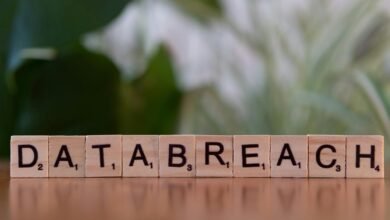Caller Protection Defense Intelligence Verification Office 3801511585 3516325624 3481866563 3517104682 3440113370 3509075760

The Caller Protection Defense Intelligence Verification Office is essential in maintaining communication security. It employs sophisticated verification methods to authenticate callers, especially amid increasing fraud. Certain numbers, such as 3801511585 and 3517104682, have been flagged for potential threats. This systematic approach enables users to discern legitimate calls from fraudulent ones. Understanding the implications of these numbers raises critical questions about personal security and the effectiveness of current protective measures.
The Importance of Caller Verification
As the prevalence of fraudulent activities continues to rise, the significance of caller verification has become increasingly apparent.
Caller authentication serves as a critical component in fraud prevention, enabling organizations to confirm the identity of individuals before disclosing sensitive information.
This process not only safeguards personal data but also fortifies trust in communication systems, ultimately empowering individuals to engage freely and securely in their interactions.
How the Caller Protection Defense Intelligence Verification Office Works
The Caller Protection Defense Intelligence Verification Office operates as a centralized entity focused on enhancing the integrity of communication channels through systematic verification protocols.
Utilizing advanced verification technology, the office conducts thorough caller data analysis to authenticate identities and ensure secure interactions.
This proactive approach safeguards users from fraudulent communications, reinforcing the essential right to transparent and trustworthy exchanges in an interconnected world.
Recognizing Potentially Harmful Numbers
Identifying potentially harmful numbers requires a systematic approach that integrates various analytical techniques and data sources.
Effective spam detection processes leverage caller ID information, cross-referencing known spam databases and user reports. Algorithms assess call patterns, frequency, and origin, enabling the identification of suspicious numbers.
This systematic analysis empowers individuals to make informed decisions regarding calls, enhancing personal security without compromising their freedom of communication.
Tips for Protecting Your Personal Information
Numerous strategies exist for safeguarding personal information in an increasingly interconnected digital landscape.
Implementing robust data privacy measures, such as utilizing strong passwords and enabling two-factor authentication, mitigates risks associated with identity theft. Regularly monitoring financial statements and utilizing secure networks further fortifies defenses.
Awareness of phishing tactics and limiting information sharing are essential components of an effective personal information protection strategy.
Conclusion
In an age where communication can resemble a double-edged sword, the Caller Protection Defense Intelligence Verification Office stands as a vigilant sentinel, guarding against the perils of fraud. By employing sophisticated verification protocols, it empowers individuals to discern the authenticity of callers, effectively fortifying their personal security. As the digital landscape evolves, the importance of such protective measures becomes increasingly paramount, ensuring that users navigate their communications with confidence and clarity amidst the growing tide of deception.





